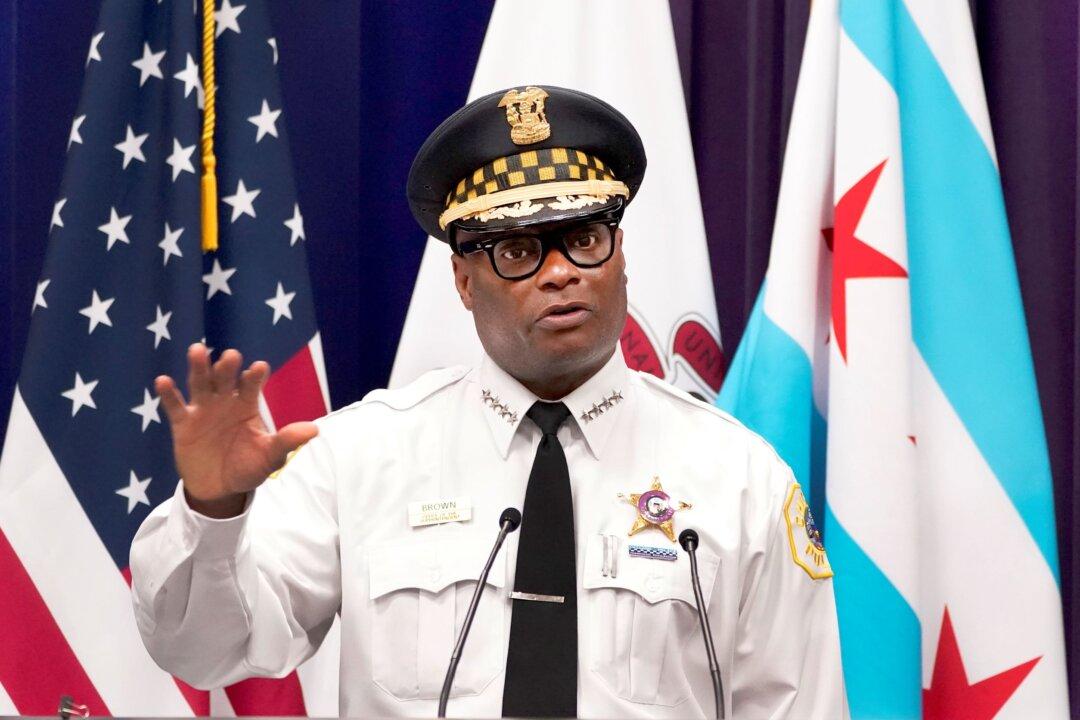The Chicago chief of police has announced his resignation following Mayor Lori Lightfoot’s failed bid for reelection.
“Today, Superintendent David O. Brown informed me that he would be resigning as Superintendent of the Chicago Police Department effective March 16. I accepted his resignation," Lightfoot said in a March 1 statement.





